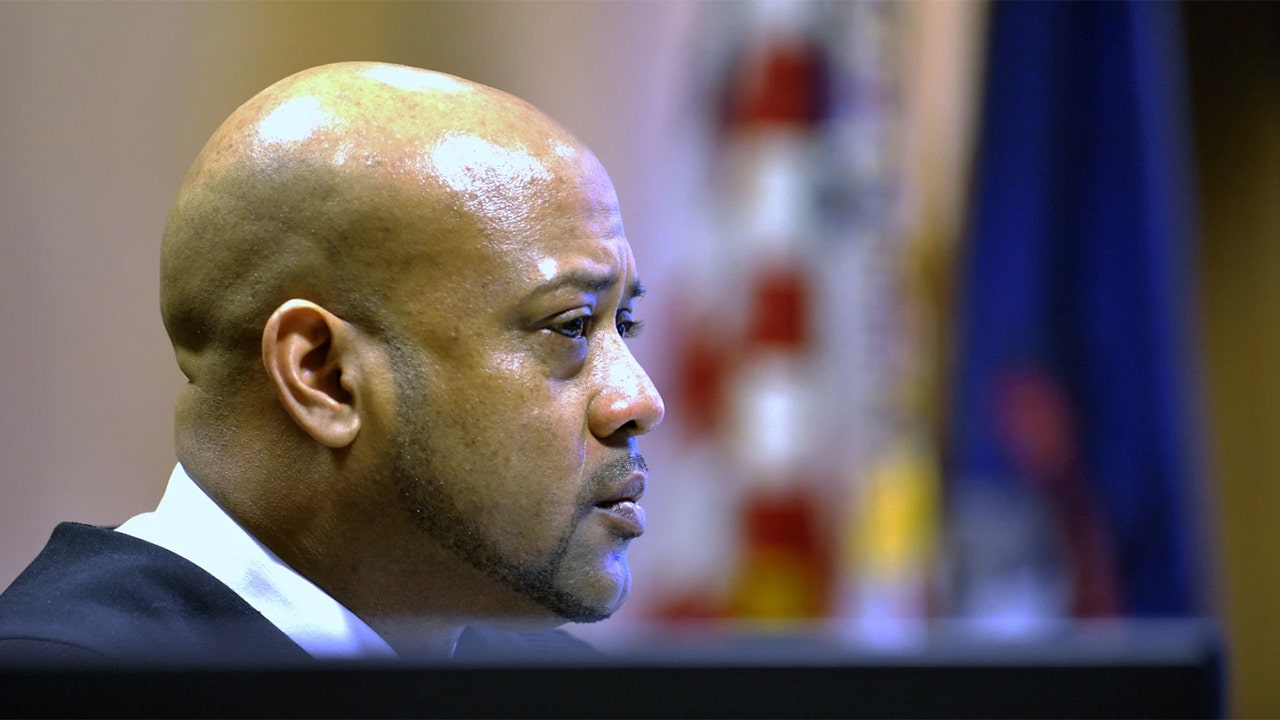Bill Belichick grew up around college football. As a child, he tagged along as his father, Steve, went about his duties as an assistant coach at the United States Naval Academy.
But his own five-decade coaching career never took him back to the college game until recently. And in that time, and especially in the past few years, the sport has changed tremendously.
There are now name, image and likeness rules, or N.I.L., that allow players to be paid directly, sometimes to the tune of millions of dollars. Players can use the transfer portal an unlimited number of times, which has led some to school-hop each season. The N.C.A.A. has been thoroughly defanged.
So when the 72-year-old Belichick, one of the most infamous curmudgeons in a sport filled with them, was named the head coach at the University of North Carolina in December, there were some who were skeptical that he could adapt to a world in which college programs essentially need to re-recruit their own players every year and often help them secure ever-larger N.I.L. payments, all while keeping deep-pocketed donors happy.
As Kliff Kingsbury, the Washington Commanders offensive coordinator and the former head coach at Texas Tech University, put it: “I don’t see my man going in any home visits or doing, like, the cocktail hour after the visits. I just don’t.”
Of course, Kingsbury added, “maybe he’ll set it up like an N.F.L. deal.”
That is, in fact, exactly what Belichick will do. Michael Lombardi, who worked with Belichick as a front office executive at the Cleveland Browns and the New England Patriots but has spent much of the past decade as a writer and broadcaster, will be North Carolina’s general manager. It is a job title that has existed in professional sports for decades, but it used to be anathema to the college realm, where the head coach ruled over every detail.
Now, however, general manager — or a differently named equivalent, like director of player personnel — is the hottest position in big-time college athletics. Eight of the 12 teams that qualified for the this season’s college football playoffs have a general manager, as programs in football and other marquee sports like men’s and women’s basketball continue to adjust to an environment in which many players are focusing less on a traditional student-athlete experience and more on which teams will offer them the most playing time — and the most money.
“College football has become a professional game,” Lombardi said. “There has to be a linkage between what you pay players, what players’ values are when it comes into team building, and that’s exciting.”
In the old days, college coaches mostly had to evaluate how good players were, and how good they might become after a few years on campus. But now roster building involves going beyond evaluating a player’s skill level, to assessing his or her monetary value to the team.
The job of a general manager is to, essentially, take on most of the job of evaluating and signing players — and coordinating with donor collectives that pay players — so that the head coach can focus on the tactics, the team and the games.
“To do this the right way you have to have a grading system and have to be able to put a dollar sign on each player,” Lombardi said.
For longtime fans of college sports, it can be striking to hear university employees talk in such frank terms about paying players, an act that for decades could have resulted in N.C.A.A. penalties.
“Back then, relationships mattered,” said Courtney Morgan, the general manager for the University of Alabama’s football team, referring to the recruitment of players in the pre-N.I.L. era. “Relationships still do matter, but education mattered. One thing I can say is you have less conversations about degrees and education now more than ever. I haven’t gotten asked about a graduation rate in a long time.”
Every day brings a new reminder that the waters are choppy.
Jim Larrañaga, the University of Miami men’s basketball coach, announced his immediate retirement 12 games into the season, saying he was exhausted by “the system, or the lack of a system.” Six former men’s basketball players at Florida State University sued Coach Leonard Hamilton, saying they had each been promised $250,000 in compensation that they never received. A former junior college football player won a court injunction to be allowed to play a sixth season of football.
And that’s just in the last three weeks.
Some of those complaining the loudest about the changes in college sports, especially coaches, were the ones who financially benefited the most when players could not be paid or transfer schools easily. But those coaches and administrators who are far from retirement age have no choice but to figure out a job in which the contours change on a monthly basis, often because of a court decision.
“I joke all the time, I really wish I had a law degree,” said Baker Dunleavy, the general manager for the men’s and women’s basketball teams at Villanova University. “I read so many legal documents around here.”
Villanova’s basketball coaches, Kyle Neptune (men’s) and Denise Dillon (women’s), have the final say on personnel decisions. But Dunleavy is the primary point of contact with Friends of Nova, the name, image and likeness collective that pays the players. He assesses the finances, creates a philosophy around new player acquisitions and otherwise “builds a new infrastructure that did not need to exist five to six years ago,” he said.
The biggest difference between general managers in professional sports and those in college sports is that in the pros, the general manager usually hires and fires the head coach. In college, the head coach still usually outranks the general manager and answers to the athletic director or university president.
No matter who technically has firing and hiring power, a general manager and coach must have a “philosophical agreement,” Lombardi said. Without that, no matter the hierarchy, you have “dysfunction within an organization.”
Morgan said that, much as it was in the old days, high school recruiting would continue to be crucial at Alabama. While rosters can be rebuilt from year to year thanks to the transfer portal, those additions are often “transactional” and make building a culture difficult. And, in a nod to the fact that finances are not unlimited, even at Alabama, he added, “it is cheaper to retain your own roster.”
Still, the modern college coaching staff and athletic department are almost unrecognizable. Morgan said he needed to work with a progressive athletic director who would think outside the box, a strong legal team and a nontraditional marketing team because making hype videos and graphics to help players make more money was yesterday’s thinking.
Today’s thinking is … customized sandals and wrestling belts?
After his surprising decision to leave ESPN last September, the basketball scoopmeister Adrian Wojnarowski joined his alma mater, St. Bonaventure University, as the general manager of the men’s basketball program. Now he is helping to raise the profile of, and raise money for, a midmajor Division I college basketball team.
Instead of tweeting about free agent signings or breaking news about shocking N.B.A. trades, he is thanking one of his former agents (and the current president of World Wrestling Entertainment), Nick Khan, for helping create a St. Bonaventure-themed W.W.E. title belt to sell, or imploring his 6.4 million followers on X to buy Woj Bomb slides.
It’s all a day in the life of a college sports general manager.






